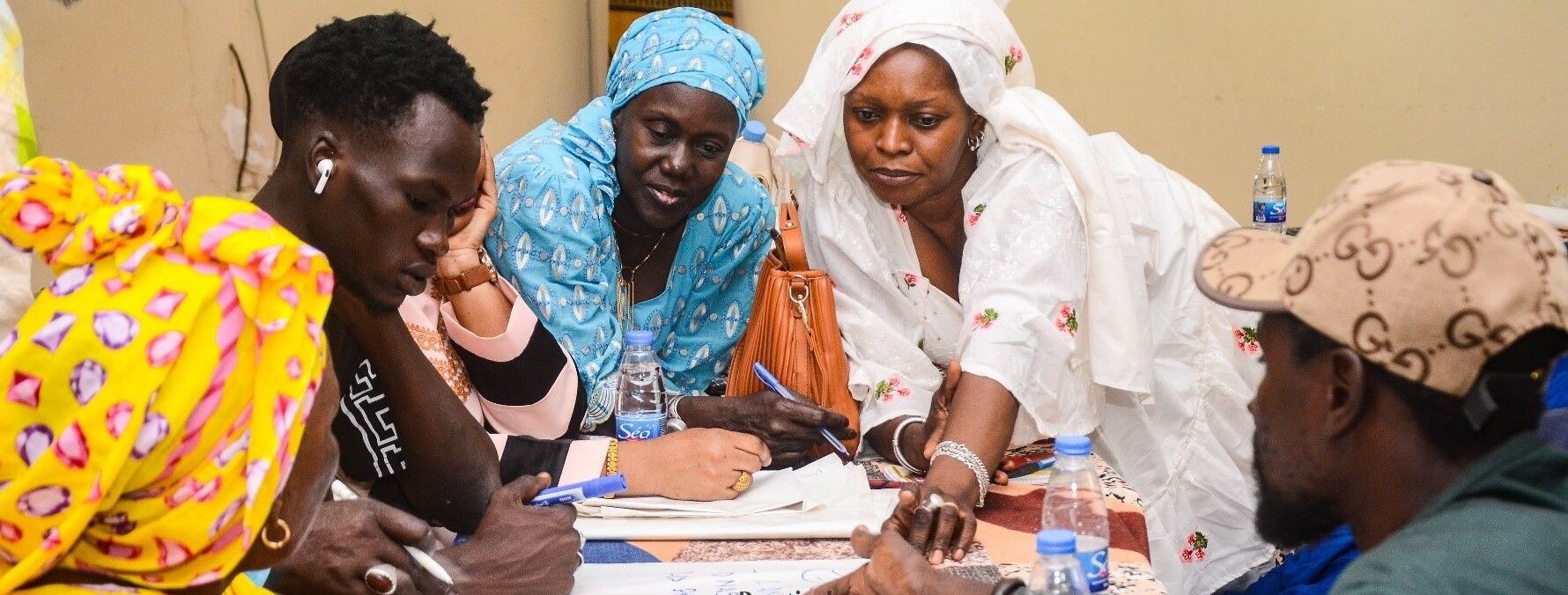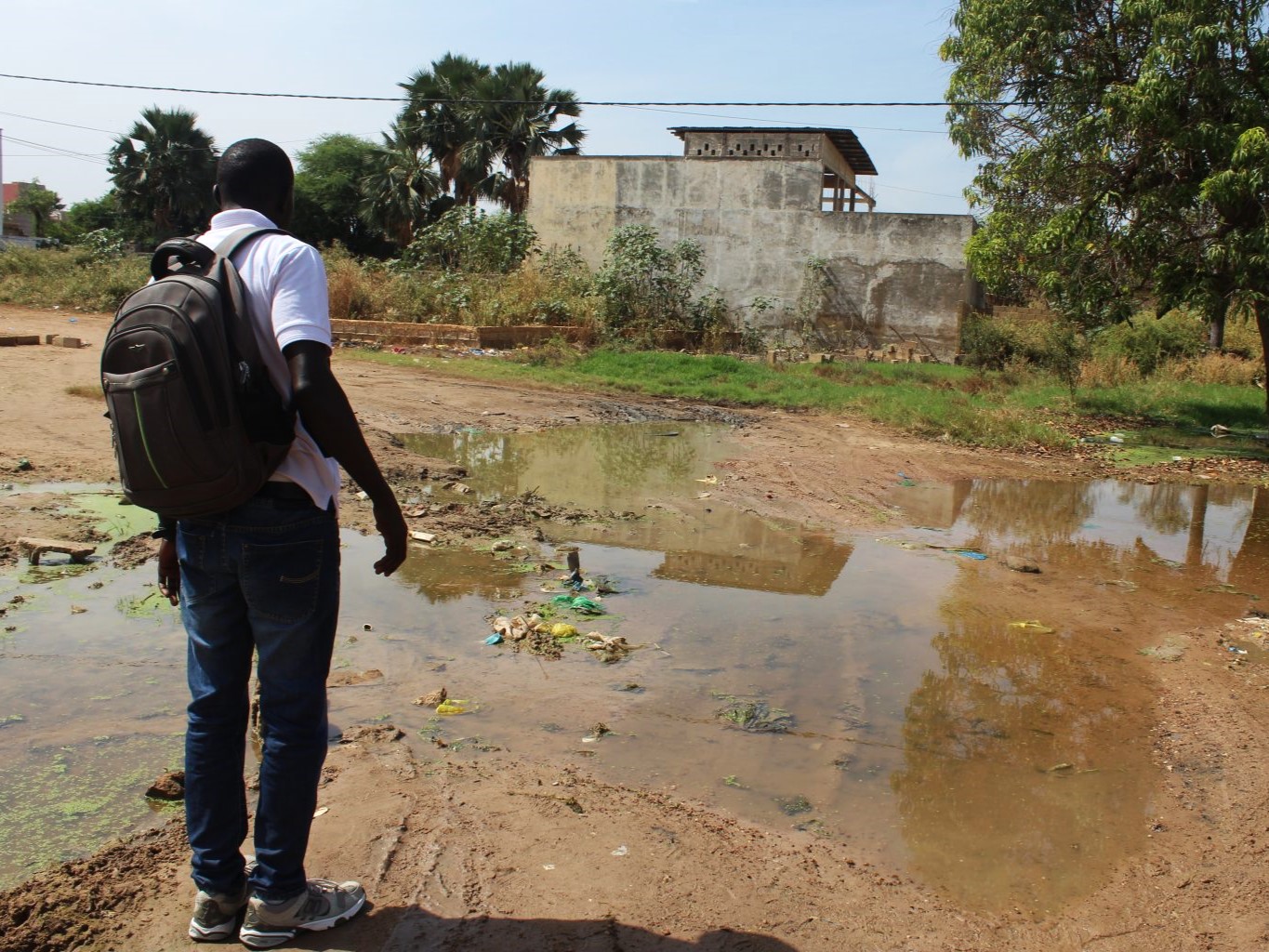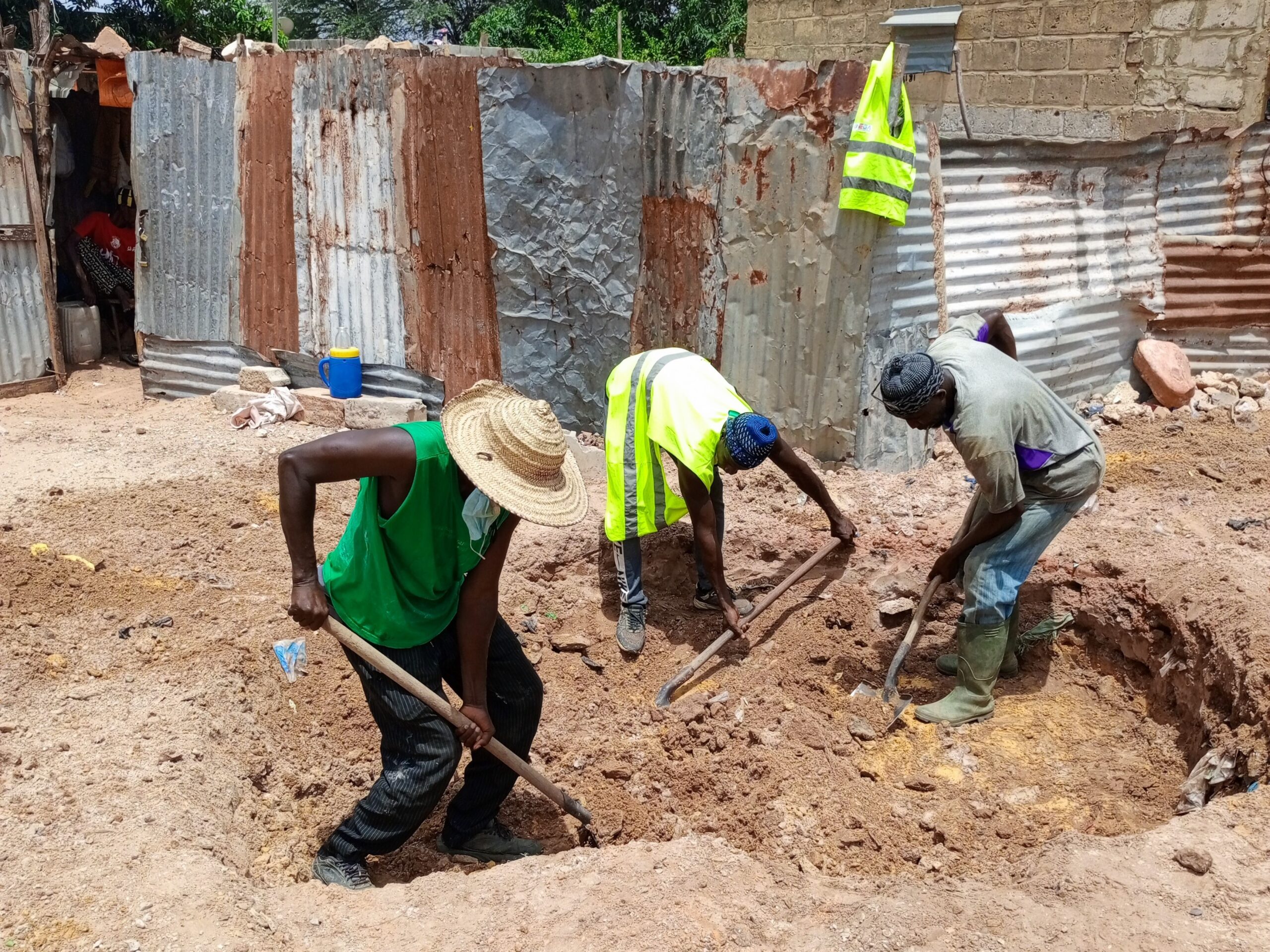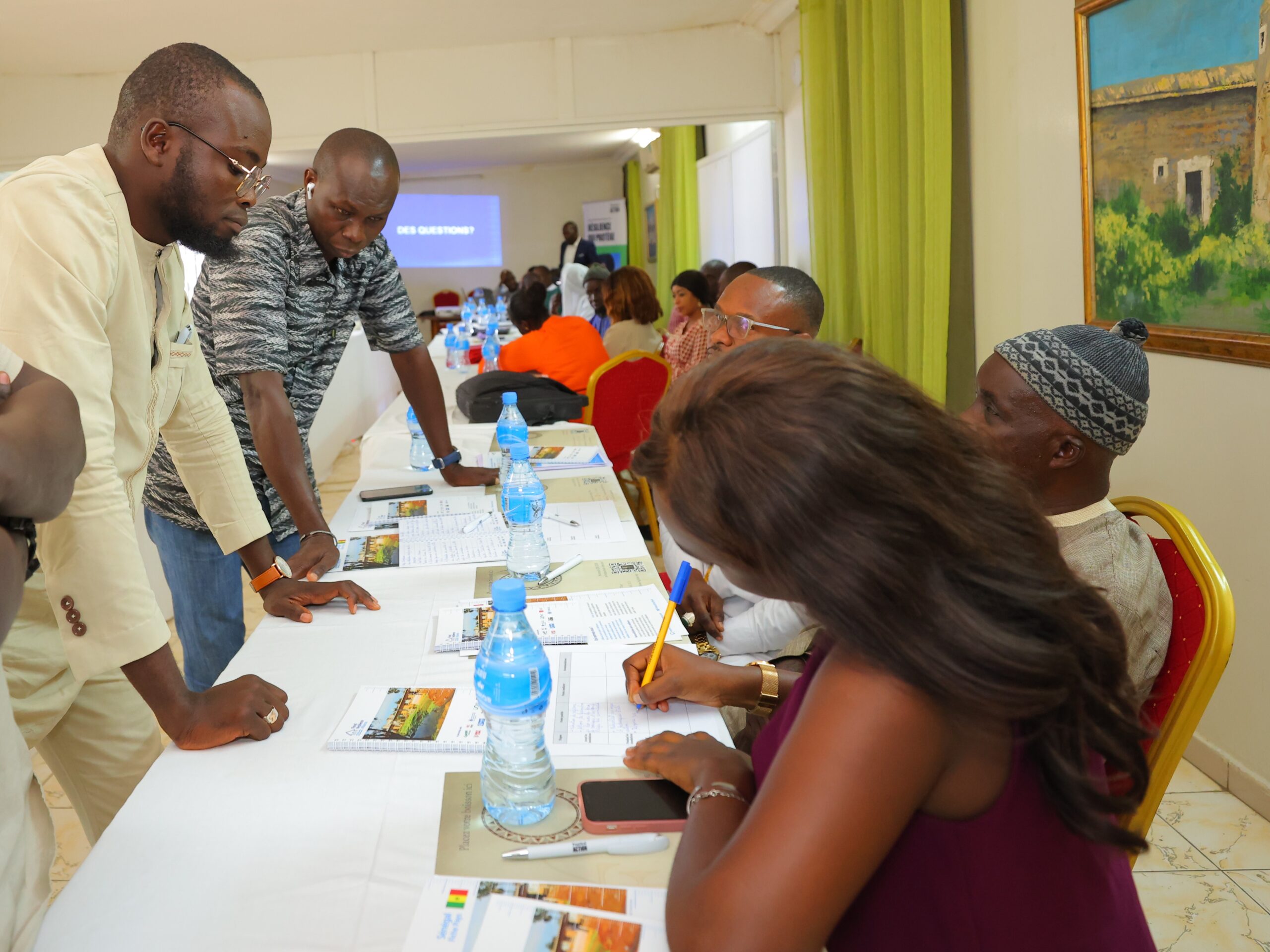
As a member of the Zurich Climate Resilience Alliance (previously known as the Zurich Climate Resilience Alliance), Practical Action is proud to announce the launch of the third phase of this programme, which is focused on building community resilience.
This new phase builds on the success of the previous ones, aiming to extend and deepen the project’s impact in vulnerable areas in the region and broadening its scope to heat events. In this blog, we share the plans in West Africa.
Flooding is a growing threat to communities worldwide, disproportionately affecting front-line communities, causing displacements and loss of livelihoods and lives. As the frequency becomes more frequent and intense due to climate change, communities find it harder to recover from recurrent events. As such, long-term perspectives are crucial to building the capacity of the community and the local governments and unlocking long-term financing.
The threat is particularly acute in West Africa, with countries like Senegal experiencing significant impacts. Rapid urbanisation, limited drainage systems, and increasing rainfall intensity due to climate change exacerbate the problem, making flood resilience a critical priority for the region.
The need for climate resilience in Senegal
With its low-lying coastal areas and extensive river systems, Senegal is highly vulnerable to flooding. Floods have far-reaching consequences, affecting not only the immediate loss of property and lives but also long-term socio-economic stability. Agricultural lands, the backbone of rural livelihoods, are often inundated, leading to food insecurity and economic hardship. Urban areas are not spared either, with informal settlements particularly susceptible due to inadequate infrastructure and drainage systems.
Practical Action has been instrumental in addressing these challenges as a Zurich Climate Resilience Alliance member. By adopting a holistic approach to flood resilience, the Alliance works to build community capacity, improve infrastructure, and advocate for effective policies. Our initiatives focus on enhancing communities’ ability to anticipate, absorb, and recover from flood events, thus reducing the overall risk and impact of flooding.


Building on learnings and successes
Building on the success of its previous phases, the Zurich Climate Resilience Alliance is now evolving into Phase 3, aptly renamed the Zurich Climate Resilience Alliance. This new phase is unique, extending over 12 years and allowing for a long-term approach to climate adaptation. The programme’s extended timeline will enable the incorporation of evolving knowledge and practices, ensuring that the strategies developed remain relevant and effective over time.
One of the significant additions in this phase is the inclusion of heat waves as a core focus. Heat waves severely threaten human health and infrastructure, particularly in regions like West Africa, where temperatures are rising and heat-related incidents are becoming more frequent. By addressing flooding and heat waves, the Zurich Climate Resilience Alliance aims to provide comprehensive climate resilience solutions for vulnerable communities.
Phases 1 and 2 of the project have already demonstrated the effectiveness of collaborative and community-based approaches. Notable achievements include introducing early warning systems, enabling rapid and coordinated responses to flooding events, and significantly reducing the loss of life and property. Education and training on best practices in flood risk management have empowered communities to safeguard their environments proactively. Additionally, we supported the building and rehabilitating resilient infrastructure, such as sumps and gutters, to significantly mitigate the impact of flooding on homes and crops.
Expanding our reach
Phase 3 of the project marks a crucial milestone in our efforts to address the impacts of climate change. This phase will focus on geographical expansion, targeting new risk areas such as Dakar, Guédiawaye, Kaffrine, and Matam in Senegal and extending our reach into Burkina Faso. By expanding our focus, we aim to address the diverse and evolving challenges of climate change across different regions.
The project will maintain its community-based approach, ensuring that local knowledge and needs remain at the forefront of our interventions. Practical Action will continue to work closely with local governments, NGOs, and community groups to implement sustainable solutions tailored to each area’s specific contexts.
As we embark on this new phase, Practical Action remains committed to fostering resilience and protecting vulnerable communities from the impacts of climate change. The Zurich Climate Resilience Alliance represents a significant step forward in our collective efforts, combining long-term planning, innovative solutions, and collaborative approaches to build a safer and more resilient future for all.
With our partners’ support and the communities’ leadership, we are confident that we can make a lasting impact. Together, we will strive to create environments where people can thrive despite the changing climate, ensuring our progress leads to a more resilient tomorrow.
